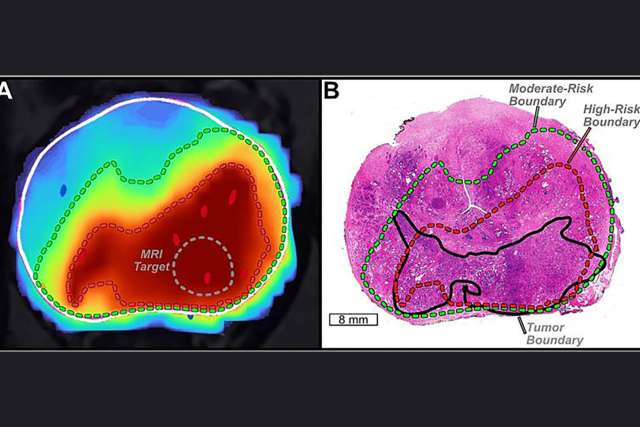Glioblastoma multiforme (GBM) is the most common and aggressive form of brain tumor, yet despite hundreds of clinical trials having tested numerous therapies for the disease, there remain few treatment options and patient outcomes have failed to advance for decades.
Now, a pair of UCLA investigators are playing a pivotal role in what they hope will be a game-changing approach to developing effective new therapies for this devastating cancer.
In an unprecedented global coalition of GBM advocates from the United States, Europe and Australia, over 130 leading neuro-oncologists, neurosurgeons, and basic and clinical investigators have joined forces to develop GBM AGILE. Designed as a next-generation “adaptive” clinical trial that goes beyond traditional research studies, GBM Agile will allow investigators to greatly simplify the efforts needed to add new therapies to the ongoing trial process and harness molecular biomarkers to best match patients to specific therapies.
“As a neuro-oncologist taking care of GBM patients every day, GBM AGILE is groundbreaking in so many ways,” said Dr. Timothy Cloughesythe principal investigator for GBM Agile and a member of the UCLA Jonsson Comprehensive Cancer Center. “The adaptive design will allow us to modify a trial as it proceeds based on the data collected and to test much more quickly both single drugs and drug combinations. It’s a real source of hope for patients and their families.”
The protocol for adaptive clinical trials was developed by the U.S. Food and Drug Administration and was approved by the organization in 2012. It is currently used in studies for many other types of cancer, such as breast cancer. However, until now GBM has not benefitted from this type of adaptive study.
The American Cancer Society estimates that approximately 12,000 individuals in the United States, and tens of thousands more around the globe, will be diagnosed with GBM in 2015 alone. Over 50 percent of people with GBM will survive for a year or less, and five-year survival rate for the disease is less than 2 percent.
Based on research conducted in other types of cancers, GBM patients are among those most likely to benefit from therapies which may be effective only in subsets of patients with a specific molecular alteration. Aadaptive studies are particularly well suited to assess these types of treatments, said Dr. Benjamin Ellingson, an investigator for GBM AGILE and a UCLA Jonsson Comprehensive Cancer Center member.
Molecular biomarkers, which are biological signals found in tissue, blood and bodily fluids, can tell scientists about the characteristics of a tumor and are often used to predict the effectiveness of treatments.
“We are entering a new era of precision medicine where the hope is that the diagnosis and treatment of a number of diseases, especially cancer, will be based on the molecular profile of a patient’s tumor,” Ellingson said. “Now there is finally an opportunity to identify real biomarkers for GBM and conduct a potentially paradigm-shifting adaptive trial for this disease.”
The GBM AGILE global team hopes to begin enrolling patients in the trial in 2016. The alliance, which comprises 10 major committees, also continues to meet regularly to tackle other challenges related to GBM, including selecting drugs and biomarkers for the trial to design issues and other advocacy issues.
“GBM AGILE is truly global coalition, and we are tremendously excited for the opportunity to work together to learn from patients and identify the most effective new therapies for people with GBM throughout the world,” Cloughesy said.
GBM AGILE is being developed through the National Biomarker Development Alliance (NBDA), a non-profit organization whose mission is to create collaborative standards-based solutions for biomarker discovery, development and delivery to advance precision medicine.





